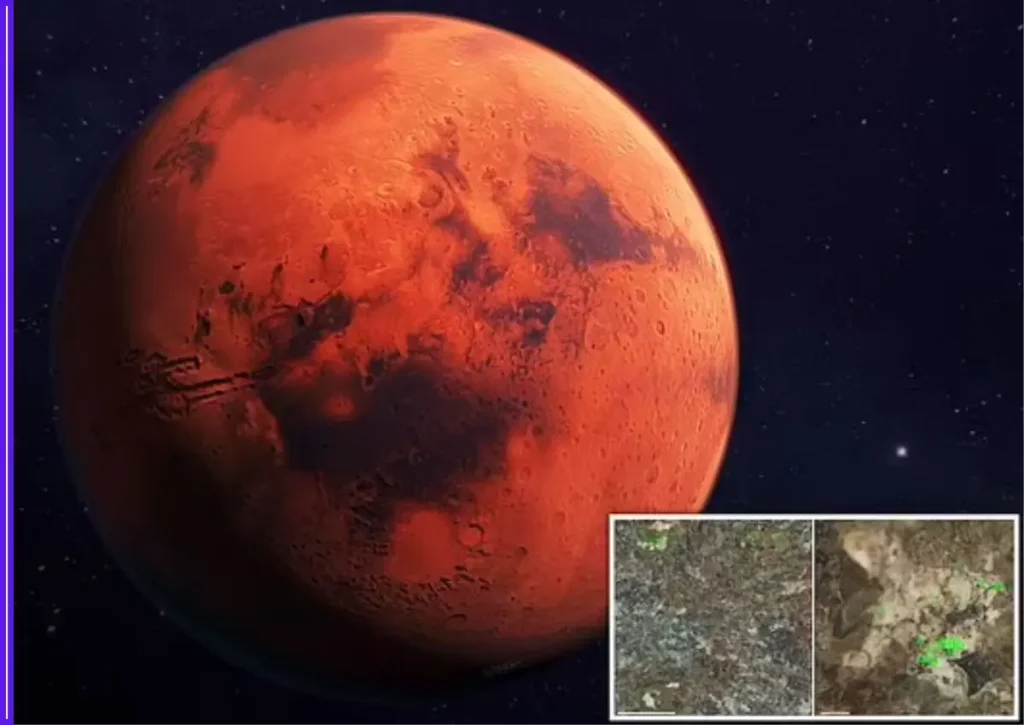After decades of robotic missions, hopeful theories, and tantalizing hints, NASA scientists may have uncovered a stark truth: Mars was never meant to host life for long.
In a recent study led by NASA’s Curiosity rover team, researchers discovered that the Martian surface may have entered a long and irreversible dry phase much earlier than previously thought. The key evidence? Ancient rocks rich in carbonates — a type of mineral that may have silently sealed Mars’ fate.
“These rocks are like Mars’ forgotten diary,” explained Dr. Lena Morales, one of the mission’s lead geologists. “They show us a time when water flowed, but more importantly, they reveal how quickly the planet shut that door behind it.”

On Earth, carbonates form when carbon dioxide reacts with water, locking atmospheric CO₂ into solid rock. But what Earth does — and Mars didn’t — is balance the system. Our planet recycles carbon through volcanoes and tectonic activity, keeping temperatures stable and life possible. Mars, lacking that geological heartbeat, simply absorbed carbon without giving it back. Over time, this likely froze the atmosphere and dried the surface — long before life could establish itself.
While earlier studies suggested that Mars once had lakes, rivers, and possibly oceans, this new evidence points to a sobering conclusion: those wet periods were rare and brief, more like seasonal puddles than stable habitats.
“The puzzle wasn’t just about finding water,” said Dr. Morales. “It was about finding a climate that could sustain it for millions of years. And that, Mars never really had.”
This revelation helps explain why, even after countless missions and advanced instruments, we haven’t found conclusive signs of life. The planet may have flirted with habitability, but never committed to it.
NASA’s Perseverance rover continues its search in the Jezero Crater, and future missions aim to bring Martian soil samples back to Earth. But this latest discovery resets expectations. If life ever existed on Mars, it likely had only a short window to begin — and an even smaller chance to survive.
As scientists dig deeper, both literally and metaphorically, they’re not just chasing microbes. They’re chasing a deeper understanding of why Earth thrives — and why Mars, so similar in many ways, turned cold and silent.









